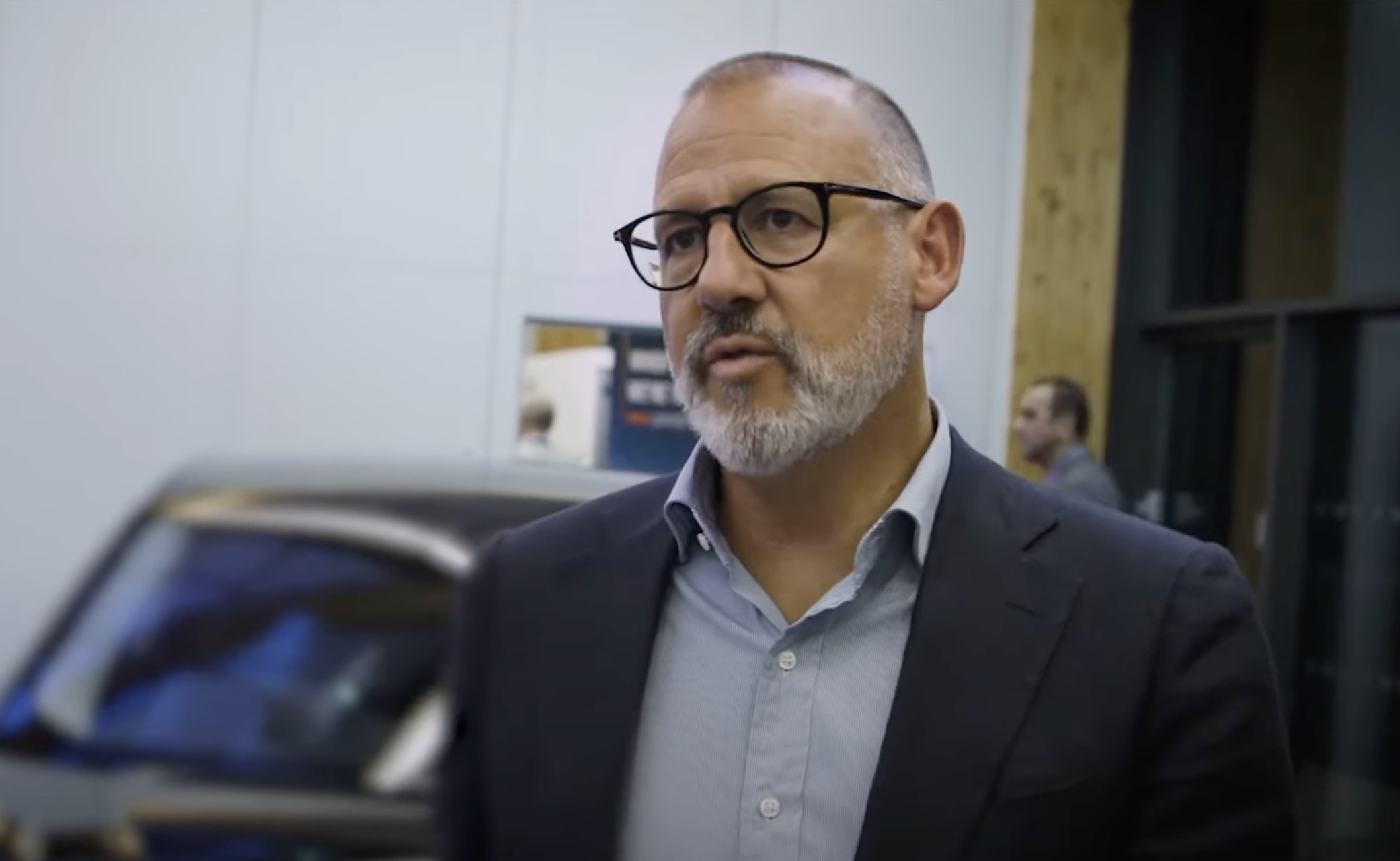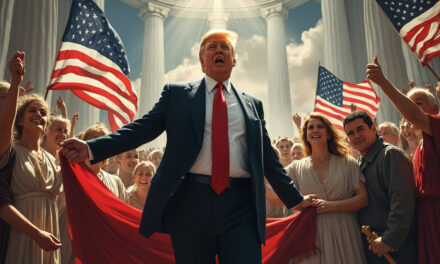We support our Publishers and Content Creators. You can view this story on their website by CLICKING HERE.
The managing director of Jaguar cars has doubled down on his company’s woke rebrand and described his critics as intolerant.
Earlier this week, the British car manufacturer released an ad in which a handful of ethnically diverse and seemingly gender-fluid individuals pranced around wearing bizarre pieces of clothing.
“Create Exuberant. Live vivid. Delete ordinary. Break molds. Copy nothing. Jaguar,” the taglines read.
No cars are visible during the ad, although Jaguar says they will be announced at a later date.
The company also appears to have created a funky new logo, ditching the iconic image of a leaping jaguar that has worked perfectly for nearly 90 years.
Copy nothing. #Jaguar pic.twitter.com/BfVhc3l09B
— Jaguar (@Jaguar) November 19, 2024
Speaking to the Financial Times, Managing Director Rawdon Glover insisted the company needs to stand out.
“If we play in the same way that everybody else does we’ll just get drowned out,” he said.
“So we shouldn’t turn up like an auto brand. We need to re-establish our brand and at a completely different price point so we need to act differently.”
“We don’t want to necessarily leave all of our customers behind. But we do need to attract a new customer base.”

Glover added that feedback had so far been “very positive,” although he remained upset by “the level of vile hatred and intolerance” towards the individuals who appeared in the video.
Among those mocking the reband was Tesla CEO Elon Musk, whose own company has recently surpassed a market value of over a trillion dollars.
“Do you sell cars?” he wrote in response to the ad.
“Yes. We’d love to show you. Join us for a cuppa in Miami on 2nd December? Warmest regards, Jaguar,” a member of their social media team responded.
Yes.
We’d love to show you. Join us for a cuppa in Miami on 2nd December?
Warmest regards,
Jaguar— Jaguar (@Jaguar) November 19, 2024
One of Britain’s most iconic car brands over the past hundred years, Jaguar is best known for its luxury vehicles and sleek designs. However, it has still faced major financial difficulties over the years, and is now owned by the Indian company Tata Motors.
Yet whether it can hold on to its traditionally conservative customer base while showing such disdain towards them remains a question only Rawdown Glover and his fellow executives will be able to answer.

 Conservative
Conservative  Search
Search Trending
Trending Current News
Current News 





